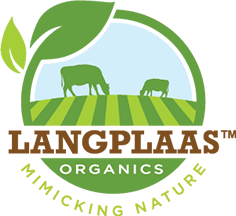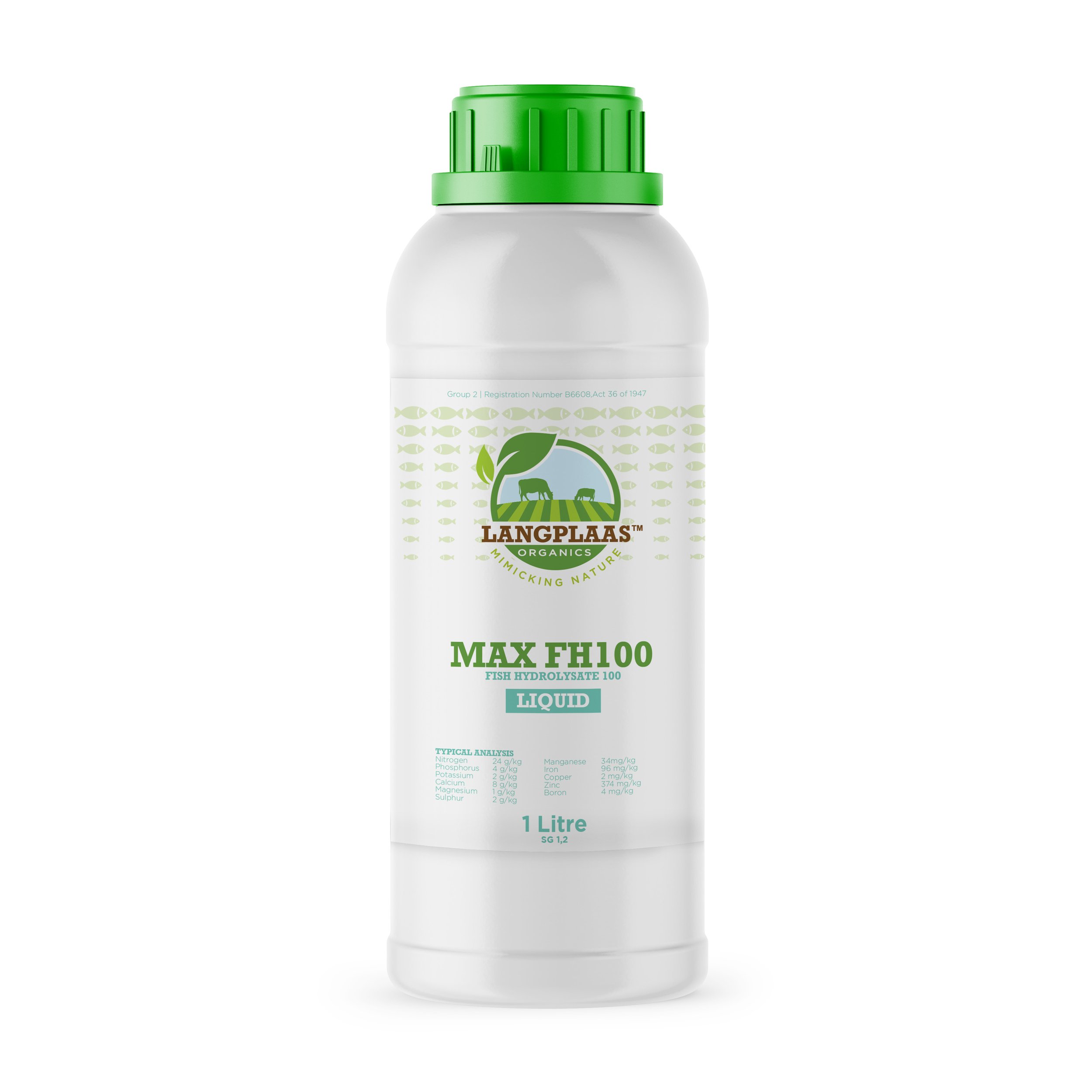Max FH100 Liqiud
Fish Hydrolysate is a 100% natural organic fish liquid supplying food to the soil microbes and a broad diversity of nutrients to the plant roots.
Available : 1L ; 10L ; 25L ; 1000L
Fish Hydrolysate is a 100% natural organic fish liquid supplying food to the soil microbes and a broad diversity of nutrients to the plant roots.
Available : 1L ; 10L ; 25L ; 1000L
Fish Hydrolysate is a 100% natural organic fish liquid supplying food to the soil microbes and a broad diversity of nutrients to the plant roots.
Available : 1L ; 10L ; 25L ; 1000L
-
Fish Hydrolysate is a 100% natural organic fish liquid supplying food to the soil microbes and a broad diversity of nutrients to the plant roots. As opposed to Fish Emulsion, Fish Hydrolysate is made through a cold process which preserves all the precious enzymes and natural oils found in fish from the cold waters of the South Atlantic Ocean. As a result, using FH100 with microbial products or in compost teas will greatly enhance the efficiency of these organisms. Mixed together with humic and fulvic acid in a blend, this is a potent way of stimulating soil microbes and getting the nutrients cycled in the rhizosphere of plants. As soil health and fertility improves, better yields with less pesticides and synthetic fertilizers will be the result. Using fish hydrolysate is just another way of growing produce in a regenerative way. Consult our team for more application tips.
-
Size
1000L, 25L
Size
1000L
-
• Fertigation 5 - 20l/ha
• Liquid application with planter 2 - 10l/ha
• Foliar spray 3 - 6l/ha
• Seed coating 1 - 5ml/1Kg seed
-
Almonds, Aloes, Apples, Apricots, Asparagus, Avocados, Bananas, Barley, Beans, Beets, Boysenberries, Brassica, Broccoli, Brussels sprout, Cabbages, Canola, Carnations, Carrots, Cauliflower, Celery, Cereals, Cherries, Chillies, Chinese cabbage, Chives, Citrus, Clover pastures, Coffee, Cole crops, Conifers, Cotton, Cruciferae, Cucumbers, Cucurbits, Cut flowers, Deciduous fruit, Dry Beans, Eggplants, Field crops, Field Vegetables, Flowering plants, Flowering seedlings, Flowers, Fodder crops, Forestry, Forestry seedlings, Fruit Trees, Fruiting plants, Gardens, Garlic, Gladioli, Golf courses, Grain Crops, Grain sorghum, Granadillas, Grapevines (winter rainfall area), Grapes, Grapevines, Grass, Grazing, Green beans, Green peppers, Groundnuts, Guavas, Horticulture, Household pests, Hydroponic solutions, Kidney beans, Lawns, Leaf crops, Legumes, Lettuce, Litchis, Lucerne, Lupins, Macadamias, Maize, Mangoes, Melons, Mushrooms, Nectarines, Tree Nut, Ground Nuts, Oats, Olives, Onions, Orchards, Oriental tobacco, Ornamentals, Papayas, Paprika, Parsley, Parsnip, Pastures, Peaches, Peaches (Western Cape only), Pears, Peas, Pecans, Peppers, Pineapples, Plums, Plums (Western Cape only), Pome fruit, Pomegranates, Potatoes, Pumpkins, Quinces, Radish, Roses, Row crops, Rye, Seedbeds, Seedling Trays, Seedlings, Shrubs, Small grain, Sorghum, Soybeans, Spinach, Squash, Stone fruit, Strawberries, Subtropical fruit, Sugar beet, Sugarcane, Sugarcane (ratoon), Sunflowers, Sweet potatoes, Sweetcorn, Table grapes, Tea, Tobacco, Tomatoes, Tree nuts, Trees, Turf, Turnip, vegetable seedlings, Vegetables, Vines, Watermelons, Wheat, Wine grapes, Youngberries

